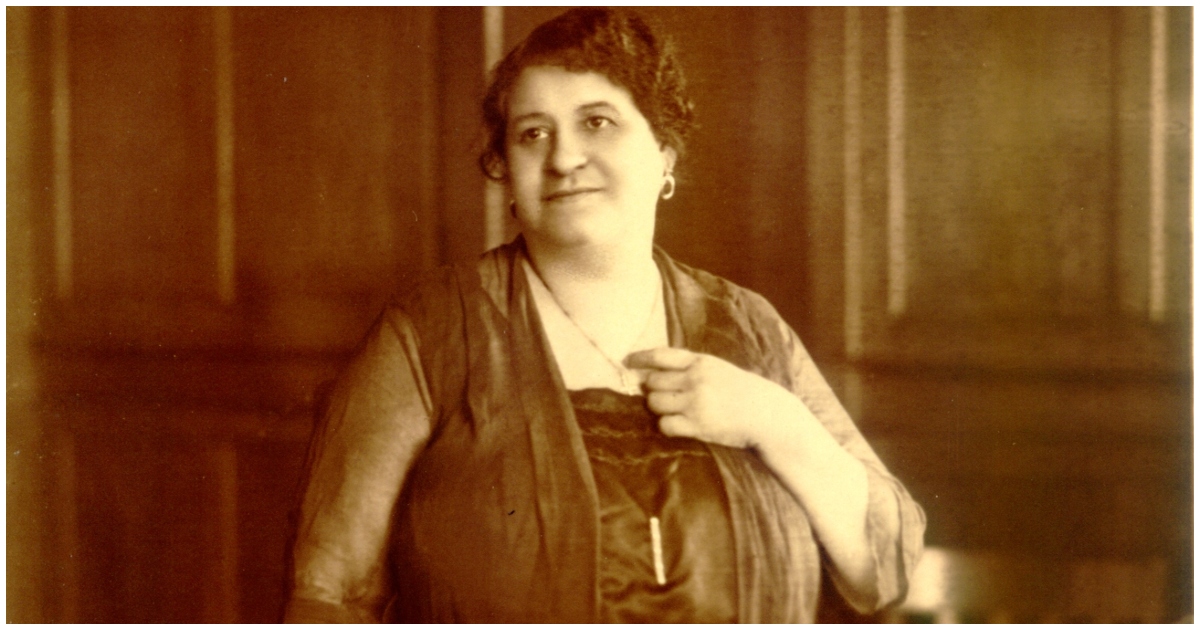Maggie Lena Walker, a trailblazing African-American woman, made history by becoming the first known female bank president to charter a bank in the United States.
Her groundbreaking achievement not only shattered racial and gender barriers but also empowered the Black community in Richmond, Virginia.
A Visionary Leader in Banking and Community Empowerment
In November 1903, Walker chartered the Saint Luke Penny Bank in Richmond. Her leadership was remarkable, given the norms and barriers of her time. She served as president for nearly three decades, increasing the bank’s assets tenfold.
Walker’s vision was clear: “Let us have a bank that will take the nickels and turn them into dollars.” This philosophy guided her efforts to provide financial opportunities for African Americans.
The bank employed primarily African American women and offered mortgage loans to the Black community. This approach facilitated an increase in homeownership and economic empowerment.
From Mutual Aid to Economic Powerhouse
Walker’s journey began in 1881 when she joined the Independent Order of Saint Luke, an African American fraternal society. The Order, initially a women’s mutual insurance society, evolved under Walker’s guidance.
Recognizing the need for financial services in a segregated society, Walker established the bank to serve the Order’s members. She also focused on providing financial literacy education and training to the community.
Breaking Barriers Beyond Banking
Walker’s influence extended far beyond the banking sector. In 1902, she founded the St. Luke Herald weekly newspaper, which became a platform for civil rights advocacy.
In 1905, Walker opened the St. Luke Emporium, a department store run by Black employees for the Black community. This move eliminated the need for African Americans to use side or back entrances in other stores.
A Champion for Civil Rights and Education
Walker’s impact on civil rights was significant. She co-founded the Richmond Chapter of the NAACP and organized the first Black girl scout troop in the South.
As a trained teacher, Walker understood the importance of education. She combined her business acumen with her passion for learning to create opportunities for her community.
Navigating Economic Challenges
During the Great Depression, Walker demonstrated her resilience and business savvy. She oversaw the merger of Saint Luke Penny Bank with two other banks, forming the Consolidated Bank and Trust Company.
This strategic move ensured the bank’s survival during a time of economic turmoil. It also solidified Walker’s reputation as a skilled financial leader.
A Lasting Legacy
In 2017, Richmond honored Walker with a statue, recognizing her as an unsung hero. This tribute is part of a series aimed at celebrating influential figures who have made significant contributions to society.
Walker’s legacy continues to inspire. Her work towards building Black economic power and a middle class provided a means for creating generational wealth, impacting lives long after her time.





